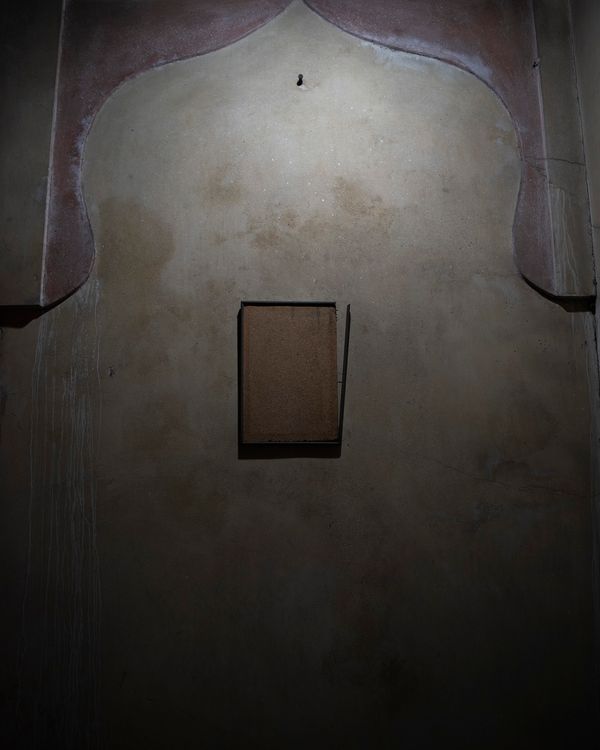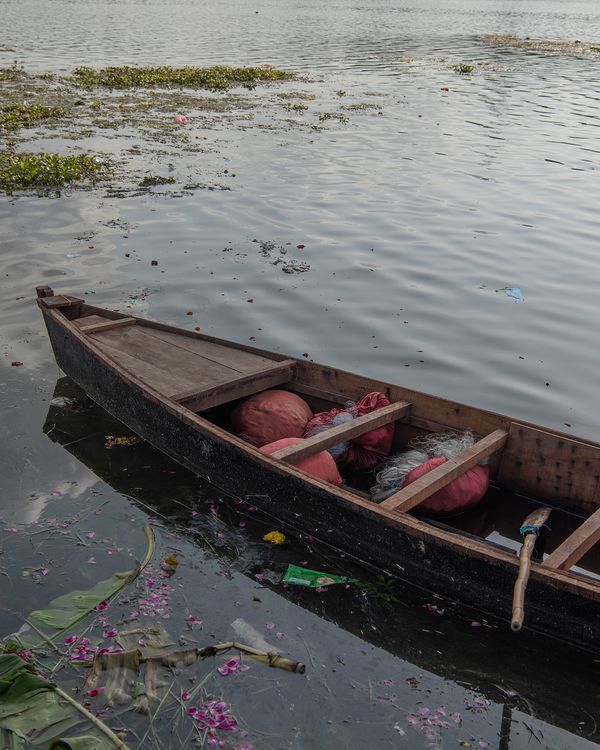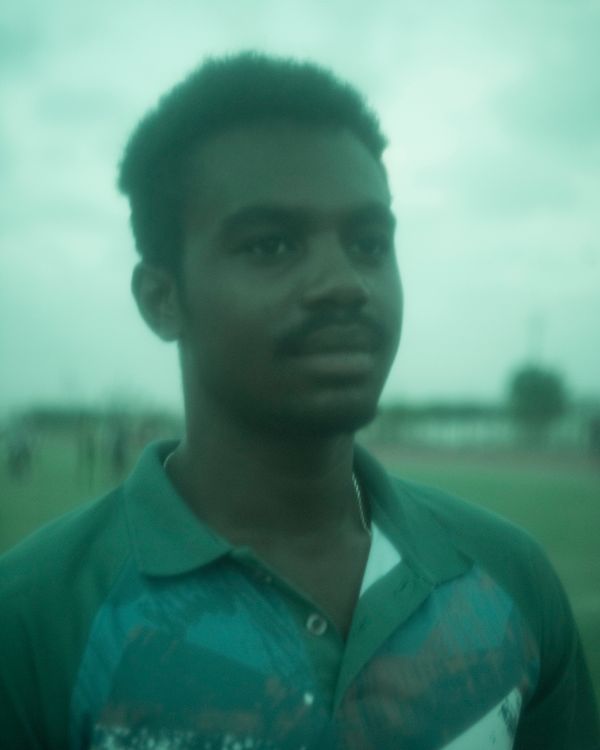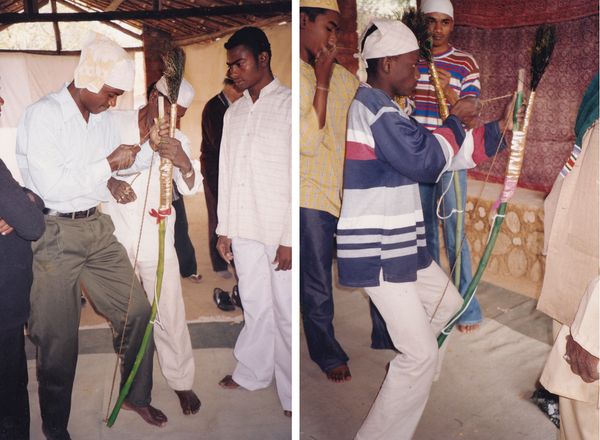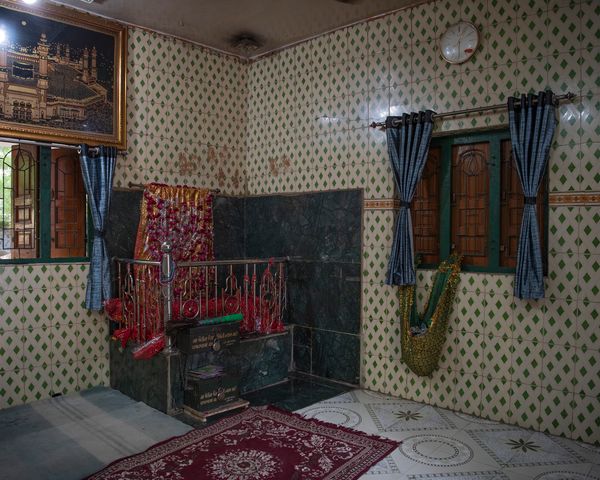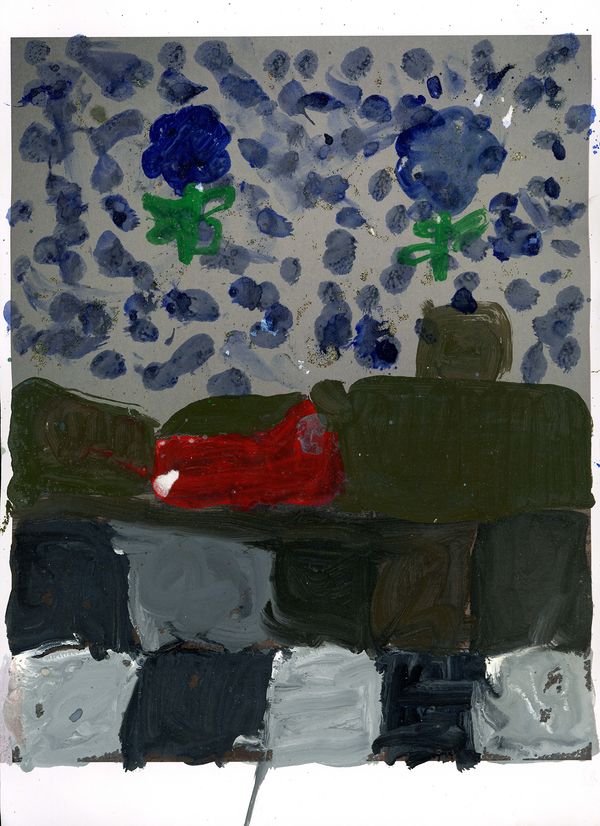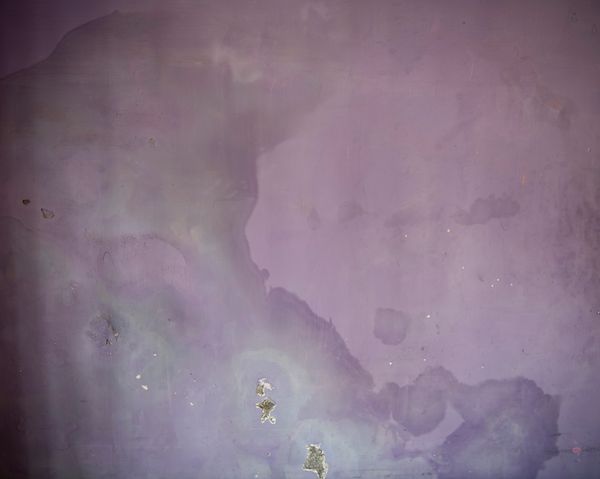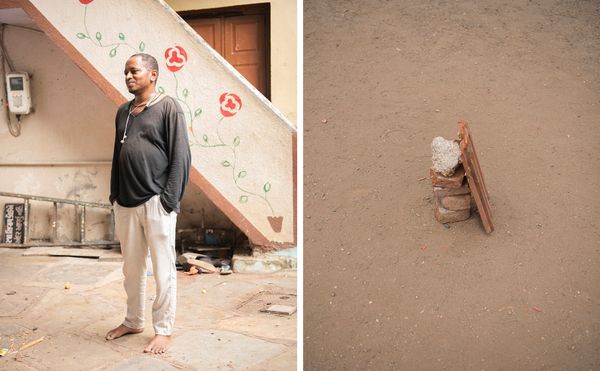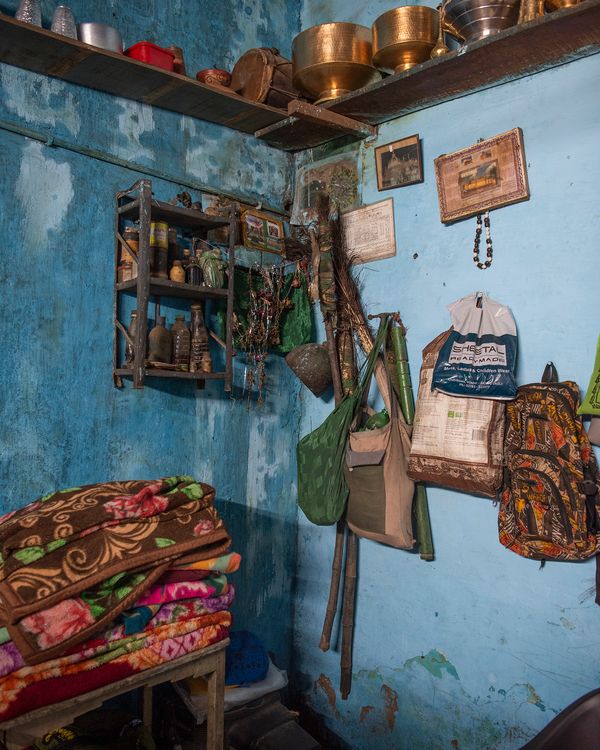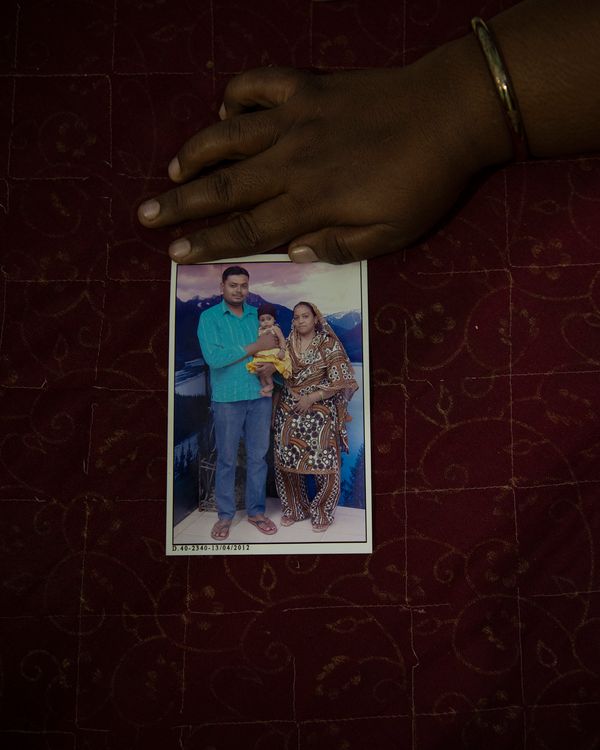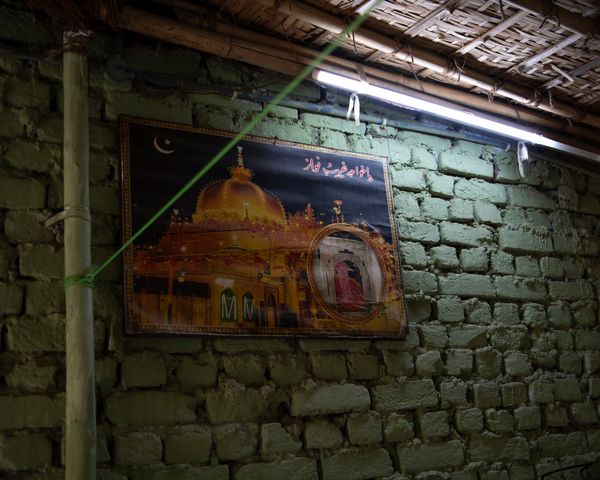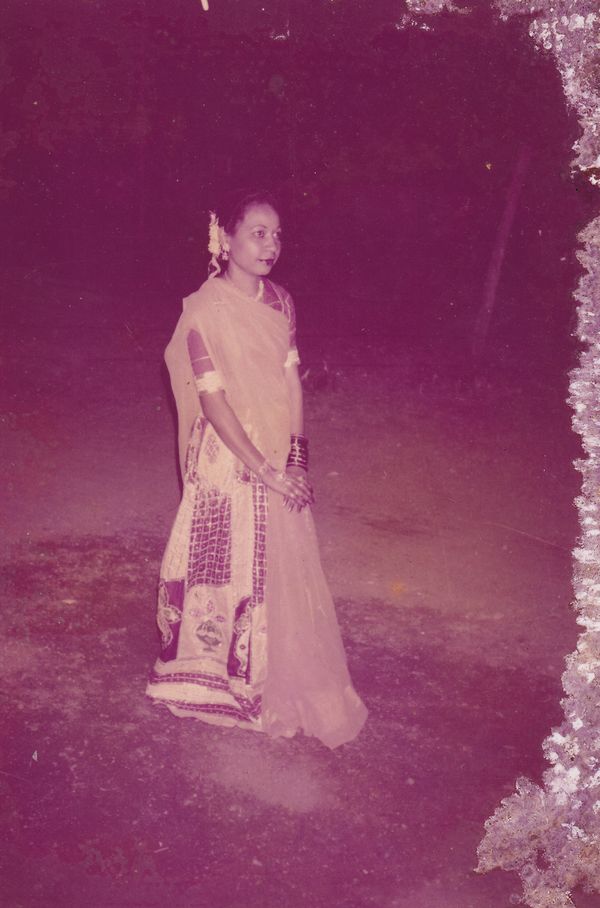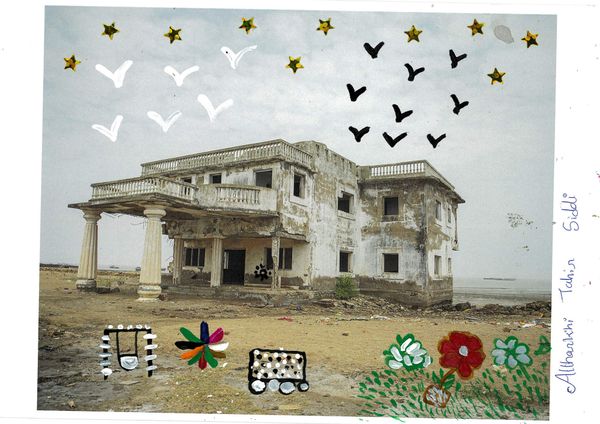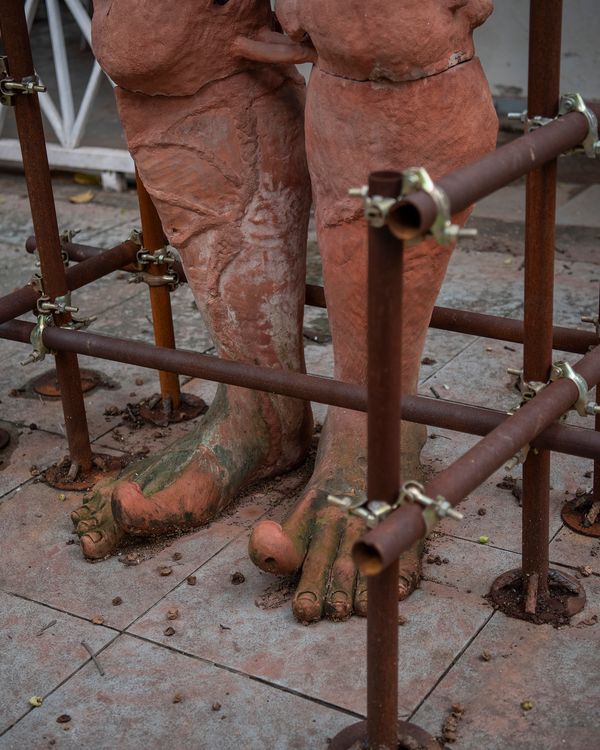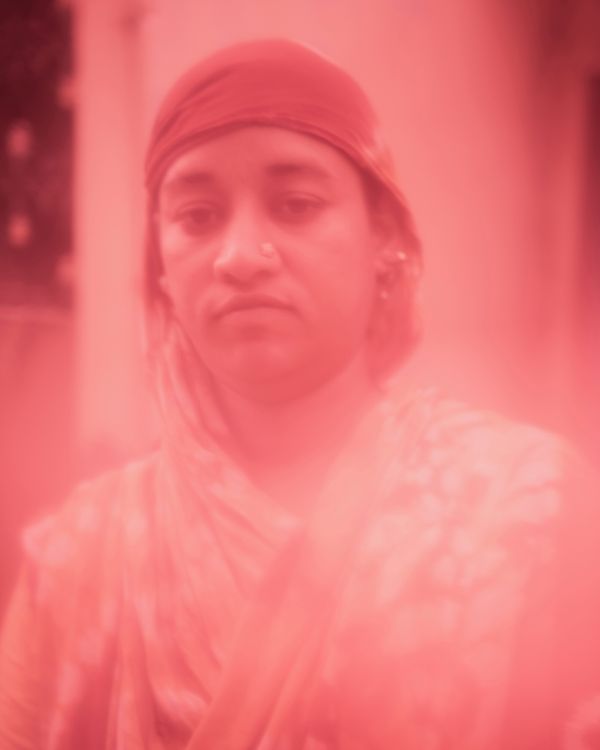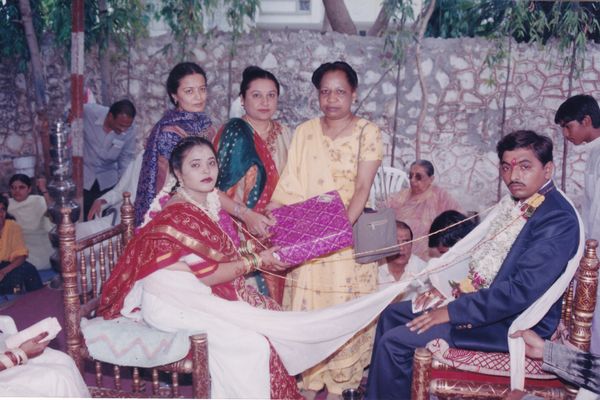Blood Under The Sundown Light
-
Dates2023 - Ongoing
-
Author
- Topics Archive, Contemporary Issues, Documentary, Portrait, Social Issues
- Location Gujarat, India
The Siddi community is the African descendants living in India. This project focuses on the Sate of Gujarat, where the Siddis have been able to intermingle their African traditions and the diverse Indian customs, creating a creolized context.
About a thousand years ago, some Abyssinians (people coming from the East part of Africa, today known as Ethiopia, Somalia, Tanzania, and Mozambique) reached the coast of Kuda in Gujarat, India. On one hand, according to the traditional spoken folklore from the Abyssinian descendants, the first ones to come to India were the three Islam siblings, Baba Gor, Baba Habash, and Mai Misra. The Prophet commanded them to undertake a journey to promote the word of Islam in Hindustan. During their odyssey in the Arabian Sea, they faced multiple problems. They endured hunger for several days, they fought the Hindu demoness, Makhan Devi to enter the subcontinent, and finally made their way into conforming a community in a new land. As claimed by the religious folklore, it is in this way that the settlements of the community, known today as Siddis, were formed.
On the other hand, from a sociological approach, the Siddis first arrived in this vast and quint land as slaves brought by the Arab traders to serve the flourishing Kingdoms in the region. Because of their physical complexion and their great cunning as war strategists, they rapidly climbed the ranks of the royal court. Some of them became city rulers and highly respected free men. In both cases, the Siddis established settlements around Gujarat where they promoted their own cosmovision of the world, with their own folklore and traditions. Nevertheless, they made sure to generate an intersectionality with the different local communities.
Currently, the Siddi community has kept their settlements and the idea of a creolized culture in which they combine their African traditions with diverse socio-cultural and religious practices in India. Therefore, they do not compromise their ancestral memory (Sayan Day, 2023). This may be translated as a mere integration exercise their predecessors began years ago. It could be also understood as a willingness to create pluralism in cultures, generating a strong identity in which they are proud of their African offspring and a deep sense of belonging in India.
However, their efforts to keep the intermingling of cultures and their traditions alive have been affected by multiple external factors. One of them is the imminent pressure of globalization that has led the youngest to follow the rapidly changing trends on the internet and leave aside the learning of their folklore. Apart from this loss, the Siddi community faces currently racial discrimination in terms of caste and class affecting their access to education, financial growth, and job opportunities. Some of them express how other Indian citizens categorized them as non-Indian because of their physical features, making them not Indian enough to be Indians, and not African enough to belong to Africa. This creates a blurriness in their identity.
Even though the system inside and outside the community is quite complex, most of the Siddi members are interested in keeping their traditions alive while interacting with the external world. The Siddi community is a powerful example of how the intersectionality of cultures generates new identities, and narratives and preserves on the same time heritage and the collective memory. As Anany Kabit explains, they are like a semi-permeable membrane that allows matter to pass in both directions.



